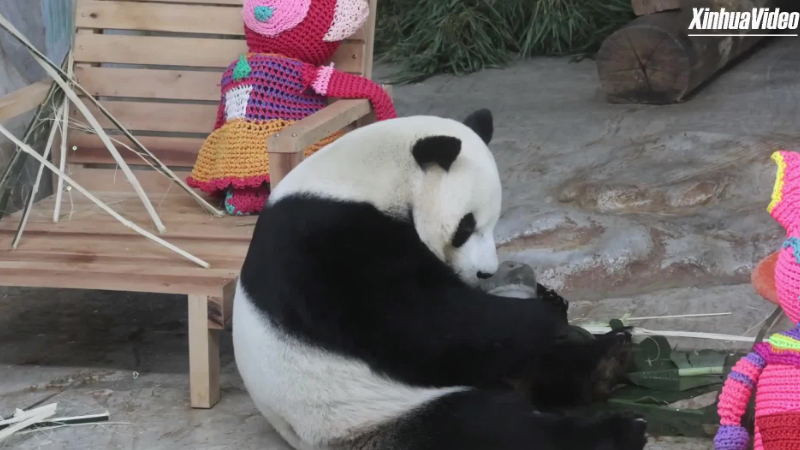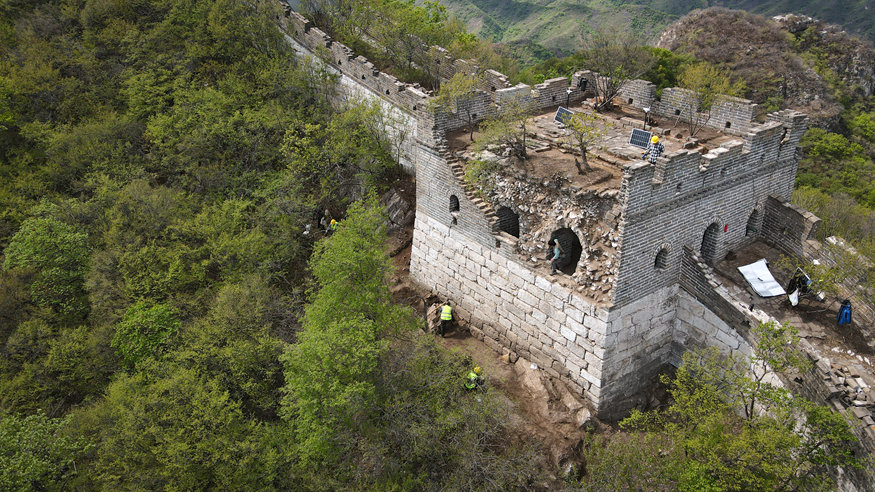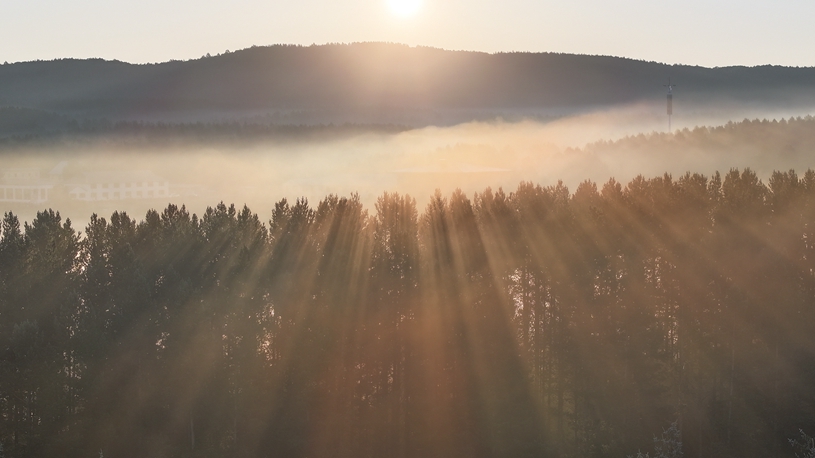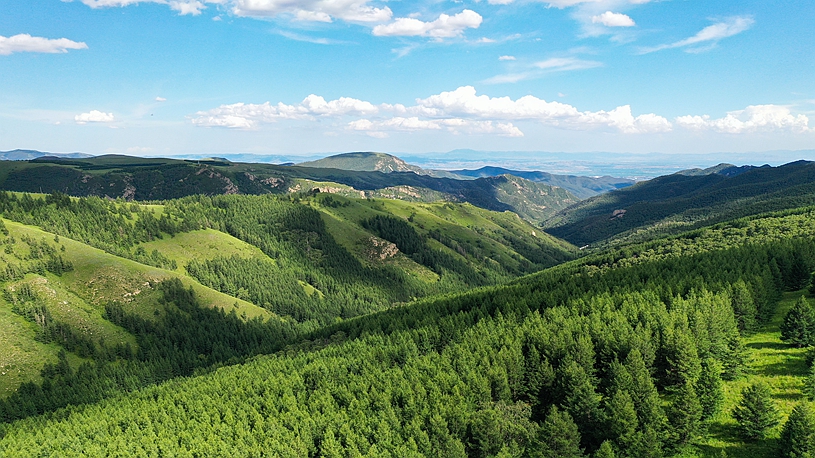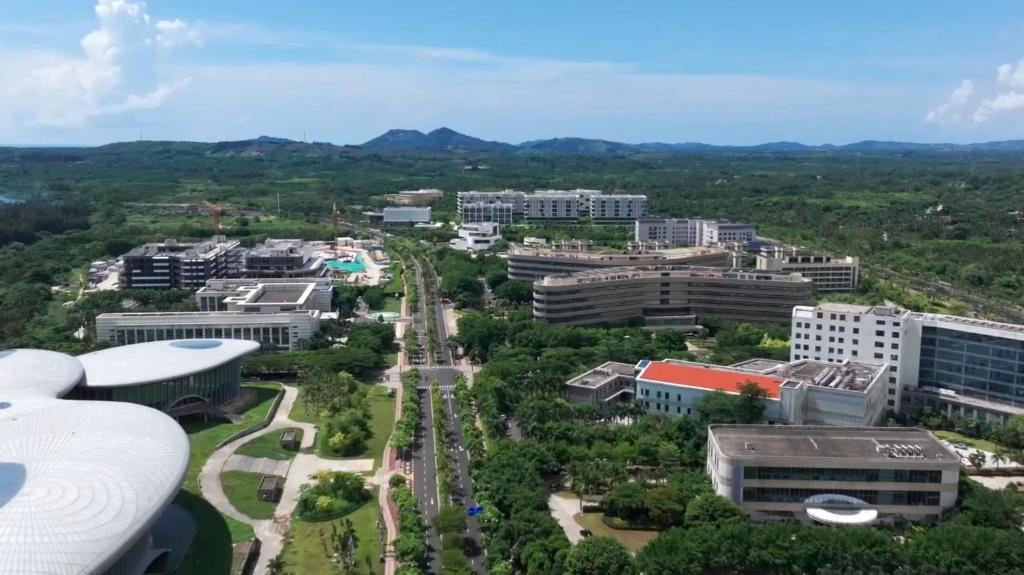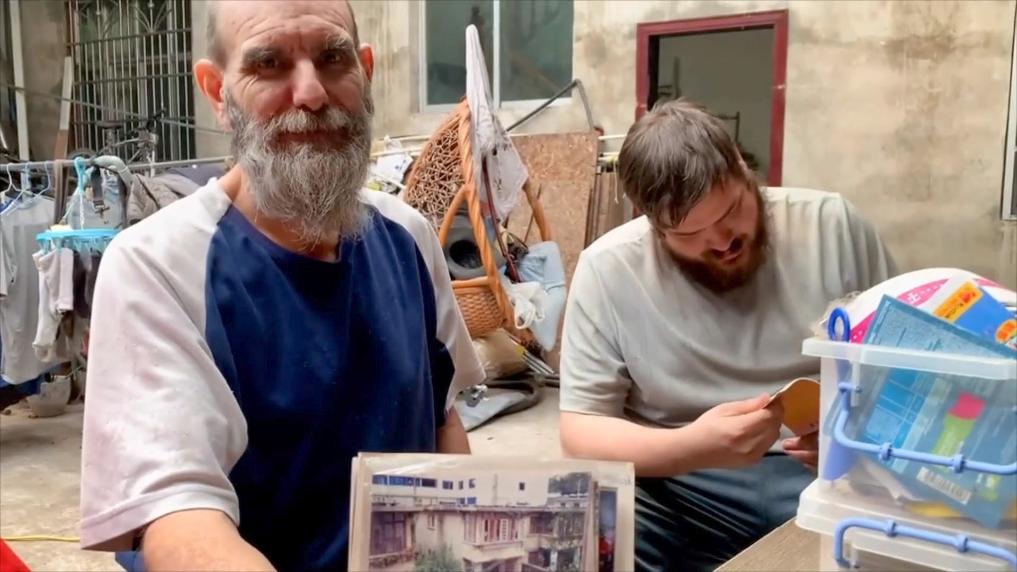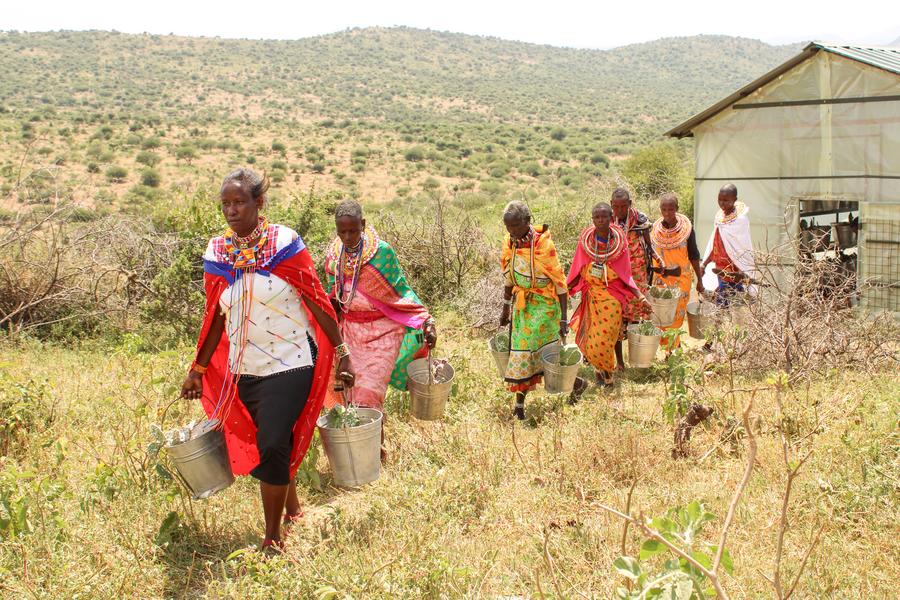
Women in Kalama Conservancy in Kenya's northwestern county of Samburu are bringing life to the land by planting perennial grass and uprooting invasive plant species. These women, often disproportionately impacted by drought, hope their initiative will provide grazing pasture for their cattle and revitalize the land after years of degradation.
NAIROBI, July 7 (Xinhua) -- A lone post at the edge of a road in Kenya's northwestern county of Samburu announces a partnership to provide water to the area. Both the words on the signboard and the stone water tank next to it go unnoticed by residents like Jovana Lengile, who walk past it daily in search of water.
Lengile, 35, is a mother of 10 children and a resident of Kalama Conservancy in the county. In this perpetually parched region, she spends a lot of time searching for water and pasture.
"I have never known a life where water was easily available or where we did not have to walk far with our cattle looking for pasture. Dams and other reservoirs work for a while until they run out of water," Lengile told Xinhua.
In a collective act of determination, Lengile and other women in the conservancy are bringing life to the land by planting perennial grass and uprooting invasive plant species. These women, often disproportionately impacted by drought, hope their initiative will provide grazing pasture for their cattle and revitalize the land after years of degradation.
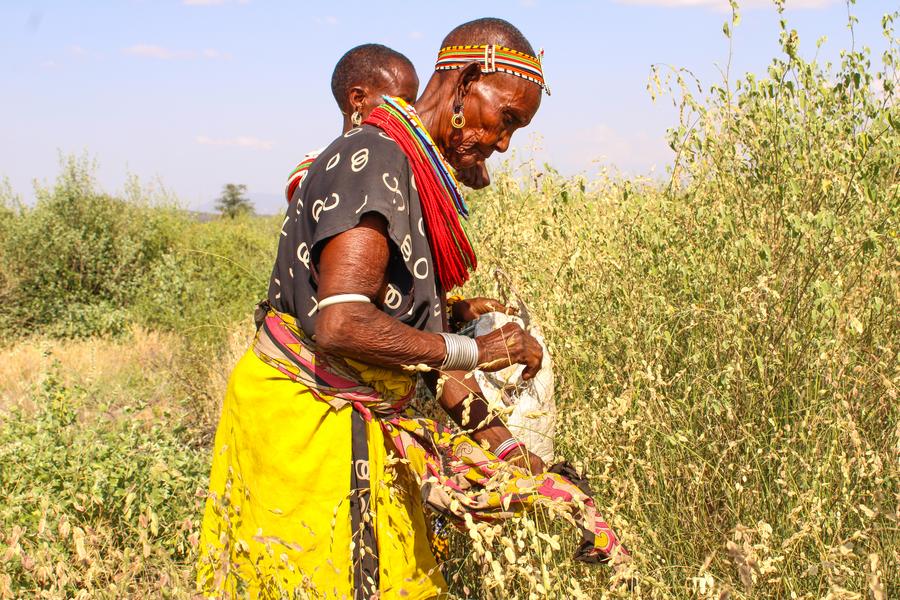
The Nature Conservancy, Northern Rangelands Trust (NRT), and the National Environment Management Authority (NEMA) are supporting the initiative, which started in 2019 and aims to restore degraded land in Kenya's northern semi-arid regions.
"After the grass has matured, we allow our cattle to feed on it, and we also sell the grass seeds to neighboring conservancies. This is how I earn a living," Lengile said.
Dorcas Lolngojine from NRT Samburu Conservancy said that Samburu was severely affected by the 2021-2023 drought cycle, the worst in 40 years.
"This land has become degraded due to human activities and natural forces such as climate change. It is important for the community to lead the effort in restoring it, as they are the ones who feel the effects most," Lolngojine said. "We are using a semi-circular ban method to plant the grass. This way, we will preserve water and prevent soil erosion."
The women earn about 3,000 Kenyan shillings (about 23.3 U.S. dollars) for a 90-kg bag of grass. During their last-season harvest, Kalama Conservancy produced 150 bags of grass seeds, according to Lolngojine.

To ensure the grass grows to maturity, youth from the nomadic Maasai community have been enlisted to prevent livestock from feeding on the young grass and prescribe grazing guidelines.
One such youth, locally known as Moran, is Mathew Lemakin. He said that thanks to the women's efforts, they no longer have to venture far looking for animal feed.
"Women are doing a good job, and through their efforts, our land has improved. Now when you walk around, you can see vegetation," Lemakin said.
The participation of Maasai youth in the initiative ensures a grazing plan is in place so that the community can utilize available resources efficiently.
At least 91 percent of Kenyan territory is experiencing some form of land degradation, with about 64 percent experiencing high degradation and 27 percent severe degradation, according to Soipan Tuya, cabinet secretary in the Ministry of Environment, Climate Change and Forestry.
Tuya made these revelations as she led the country in marking World Desertification and Drought Day recently. She also said that globally, up to 40 percent of the planet's land is degraded, directly affecting half of humanity and threatening roughly half of the global gross domestic product.
In Laikipia North, another dry region in northwestern Kenya, Jane Kipish diligently cares for cochineal insects inside a greenhouse. The bugs play a crucial role in controlling the invasive plant opuntia, which has aggressively spread across large tracts of land.
"When the animals feed on opuntia, they develop sores in their gut, refuse to feed, and eventually die. We cannot even get enough milk because it makes our animals unproductive," Kipish said.
Kipish and her fellow women are now cutting down the opuntia plant, which is not edible, and rearing cochineal insects that feed on the plant, killing it. The spread of invasive plants is a sign of land degradation. The women rear the cochineal bugs in a greenhouse for three weeks until they mature, after which they transfer the bugs to the opuntia plant.
Mamo Boru Mamo, director general of the NEMA, said the state will support community-led interventions to ensure they are replicated across other semi-arid regions and degraded lands.
Peter Kilua, the manager of Naibunga Community Conservancy in northern Kenya, said the efforts are bearing fruit. "Around 20 percent of the 70 percent opuntia that had colonized the land acreage has been eliminated, despite the process being slow." ■


